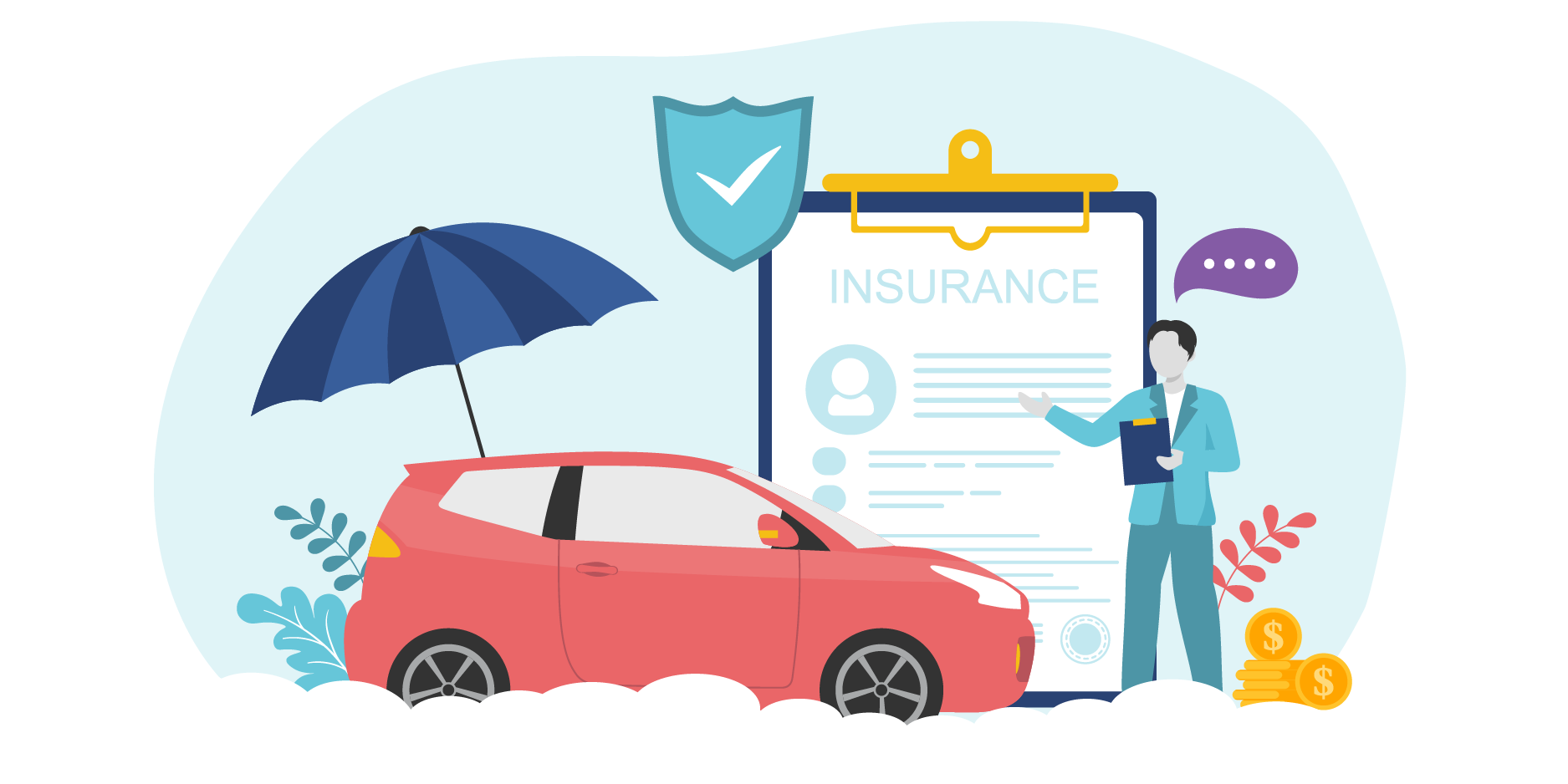DMV Car Insurance Requirements: What Every Driver Needs to Know
Car insurance is not just a financial safety net—it’s a legal requirement for drivers in the United States. Every state’s Department of Motor Vehicles (DMV) sets minimum car insurance requirements to ensure drivers can cover damages or injuries in the event of an accident. Whether you’re a new driver, a long-time resident, or someone moving from another state, understanding DMV car insurance requirements is essential for staying compliant and protecting your driving record.
In this guide, we’ll cover minimum insurance requirements, how the DMV checks your insurance status, what happens if you drive without coverage, and tips for staying insured.
What Are DMV Car Insurance Requirements?
DMV car insurance requirements are the minimum coverage levels set by your state to operate a motor vehicle legally. While the exact amounts vary, most states require drivers to carry liability insurance, which covers damages or injuries you cause to others in an accident.
Common Types of Required Coverage:
- Bodily Injury Liability (BIL) – Pays for injuries to other people when you’re at fault.
- Property Damage Liability (PDL) – Covers damage to another person’s vehicle or property.
- Uninsured/Underinsured Motorist Coverage (UM/UIM) – Protects you if the other driver has little or no insurance.
- Personal Injury Protection (PIP) – Covers your medical expenses regardless of fault (required in no-fault states).

How the DMV Checks Your Car Insurance
DMVs across the U.S. actively monitor insurance status using electronic verification systems. Insurance companies are required to report policy details to the DMV, so even if you don’t get pulled over, the DMV can detect if your insurance lapses.
Ways the DMV Checks Your Insurance:
- Electronic Insurance Verification (EIV) – Automatic database updates from insurers.
- Registration Renewal – Proof of insurance is required before renewing your vehicle’s registration.
- Random Checks – Some states randomly require drivers to provide proof of insurance.
- After a Traffic Violation or Accident, Police reports are shared with the DMV to confirm insurance coverage.
Penalties for Driving Without Insurance
Driving without insurance is illegal in every state, and penalties can be severe, especially if you’re involved in an accident.
Common Penalties Include:
- Fines – Ranging from $100 to over $1,000, depending on the state and offense.
- License Suspension – Your driving privileges may be revoked until proof of insurance is provided.
- Registration Suspension – You may have to surrender your license plates.
- SR-22 Filing Requirement – High-risk insurance proof that must be kept for 1–3 years.
- Vehicle Impoundment – In some states, your car can be towed and held until you show proof of coverage.
- Civil Liability – If you cause an accident, you’re personally responsible for all damages.
DMV Car Insurance Requirements for New Drivers
If you’re a new driver, meeting DMV insurance requirements is crucial before you hit the road. Most insurance companies offer first-time driver policies, but premiums can be high due to a lack of driving history.
Tips for New Drivers:
- Get added to a family member’s existing policy for lower rates.
- Complete a certified driver’s education course for discounts.
- Maintain a clean driving record to reduce premiums over time.

What to Do If Your Insurance Is Canceled
If your insurance policy is canceled, your insurer will notify the DMV. This often leads to an immediate suspension notice.
Steps to Take Immediately:
- Contact your insurance provider to reinstate the policy if possible.
- Shop for a new insurance plan and provide proof to the DMV.
- If your license is suspended, file an SR-22 form if required by your state.
How to Choose the Right Car Insurance for DMV Compliance
When shopping for insurance, it’s important to meet or exceed your state’s minimum requirements—but that doesn’t always mean buying the cheapest plan.
Key Considerations:
- Higher Coverage Limits – Protects you from out-of-pocket costs in serious accidents.
- Comprehensive & Collision Coverage – Recommended for newer vehicles.
- Customer Service Ratings – A responsive insurer can make claims easier.
- Discount Opportunities – Good driver, multi-policy, and safety feature discounts.
Why Maintaining DMV-Approved Insurance Matters
Maintaining active insurance doesn’t just help you follow the law—it also protects your driving record, finances, and peace of mind.
Benefits of Staying Insured:
- Avoid costly fines and legal trouble.
- Maintain uninterrupted driving privileges.
- Protect your assets from accident-related lawsuits.
- Improve your eligibility for better insurance rates over time.
Conclusion
Understanding and following DMV car insurance requirements is a crucial part of responsible driving in the United States. From minimum liability limits to penalties for lapsed coverage, knowing the rules can help you stay compliant, avoid legal issues, and protect your financial future.
If you’re unsure about your state’s exact requirements, visit your official DMV website: https://www.usa.gov/motor-vehicle-services for accurate and up-to-date information.
FAQs About DMV Car Insurance Requirements
1. What is the most common DMV car insurance requirement in the U.S.?
Most states require liability insurance that covers bodily injury and property damage.
2. Can I drive without insurance if I have enough savings to cover damages?
No. Every state requires proof of financial responsibility, usually in the form of an insurance policy.
3. How quickly does the DMV know if my insurance lapses?
In most states, the DMV is notified within days through electronic reporting systems.
4. What is SR-22 insurance, and when is it required?
SR-22 is a certificate proving you carry the minimum required insurance, often needed after serious violations or accidents.
5. Do all states have the same insurance requirements?
No. Minimum coverage limits vary by state, so check your state’s DMV website for details.